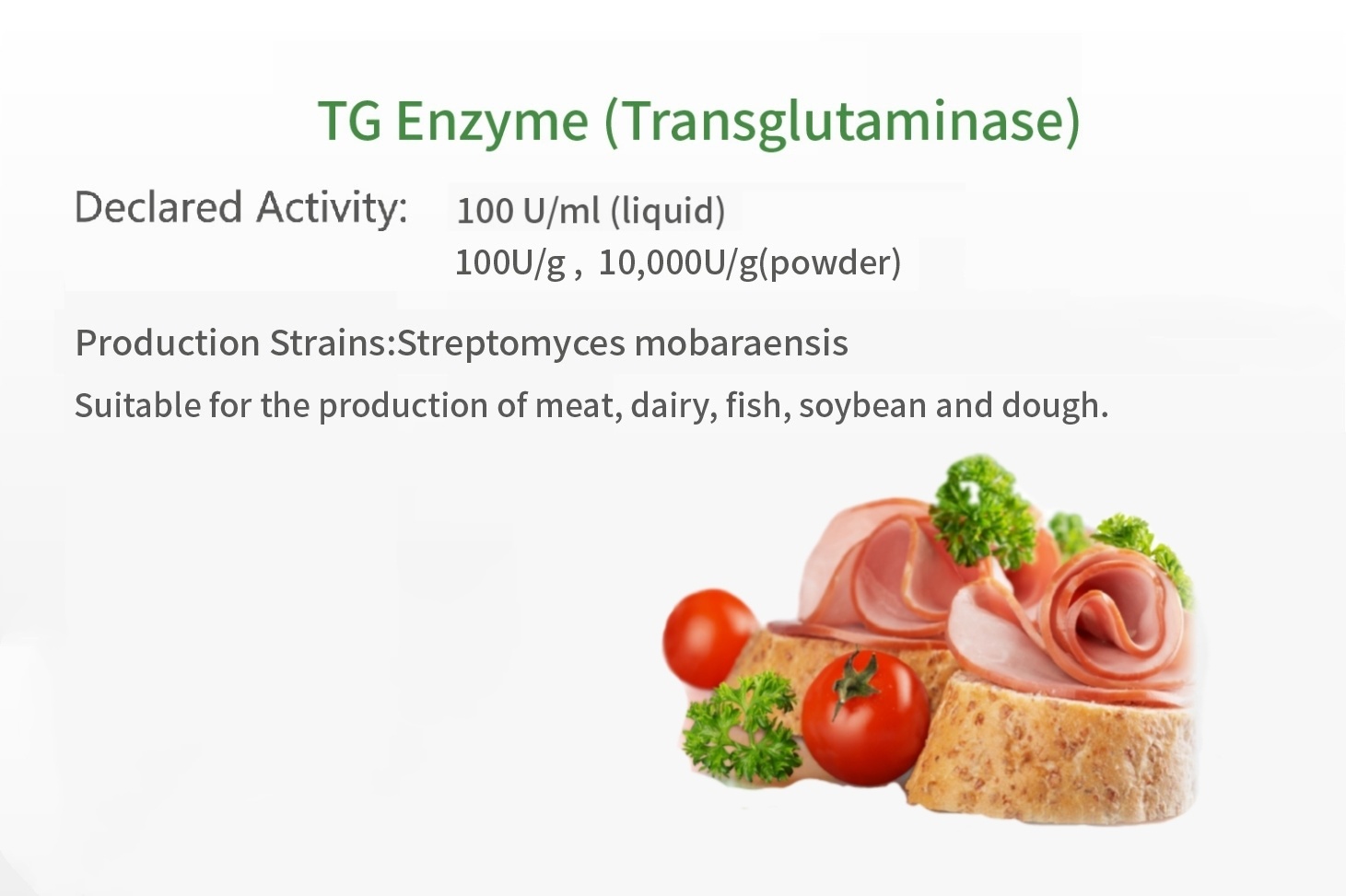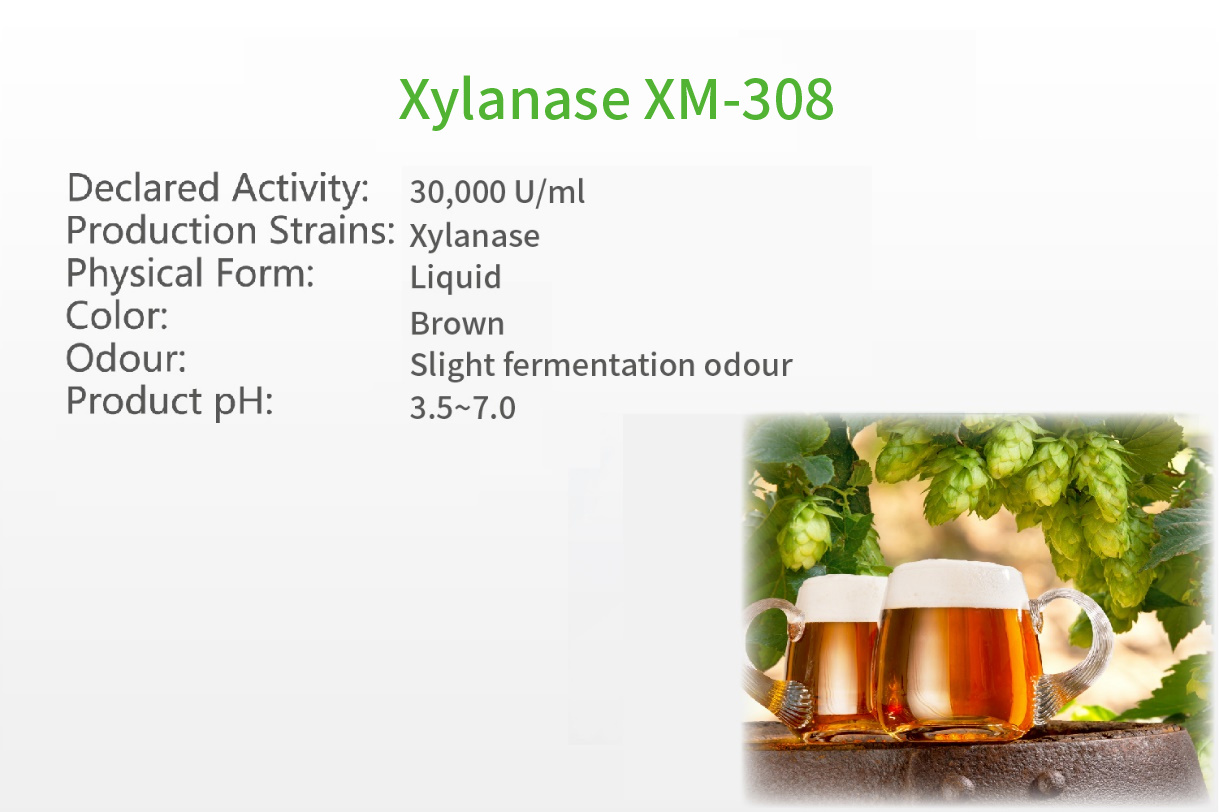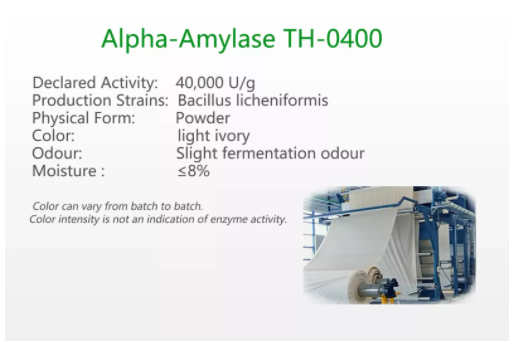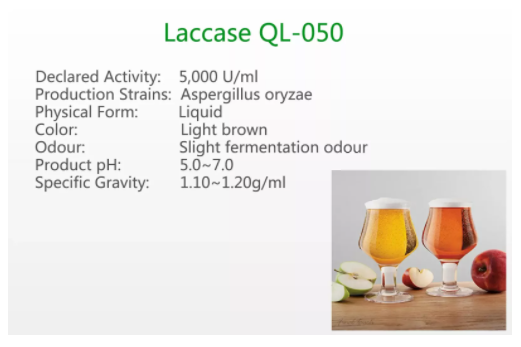Products
Contact us
Edna Yang
Tel: +86-510-8525-9383
Cell: +86-151-5221-3005
Email: edna.yang@bolibio.com
Jiangsu Boli Bioproducts Co.,Ltd.
Add: 93 Yangzhou Road, Jiangyan Economic Development Zone, Jiangsu 225500, China
Jiangsu Boyang Bioproducts Co., Ltd.
Add: 30 Tongwang Road, Nantong Economic Development Zone, Jiangsu 226010, China
Glucoamylase ETHMEI PW
Category:
Product Description
Description
Glucoamylase ETHMEI PW is produce from strains of Aspergillus niger through submerged fermentation, extraction and refining processes. ETHMEI PW has a high conversion rate from starches into fermentable sugars. It can hydrolyze α-D-1, 4 glucosidic bonds from the non-reducing end of starch one after another. It can also hydrolyze the α-D-1, 6 glucoside branch bonds of starch and cleave the α-1, 3 bonds to release glucose.
ETHMEI PW is a robust glucoamylase specially designed for ethanol production.
Product Characteristics
|
Declared Enzyme:
|
Glucoamylase
|
|
Systematic Name:
|
EC3.2.1.3, 1,4-alpha-D-glucan glucohydrolase
|
|
Appearance:
|
Yellow brown liquid
|
|
Activity:
|
150,000 U/ml (minimum)
|
|
Product pH:
|
3.0 to 5.0
|
|
Specific gravity:
|
1.10 to 1.20 g/ml
|
Effect of pH
ETHMEI PW can work at pH from 3.0 to 5.5 with its optimal pH from 3.5 to 4.5. See Figure 1.
Effect of Temperature
ETHMEI PW can work at temperatures from 30 to 65℃ with its optimal temperature range from 55 to 60°C. See Figure 2.
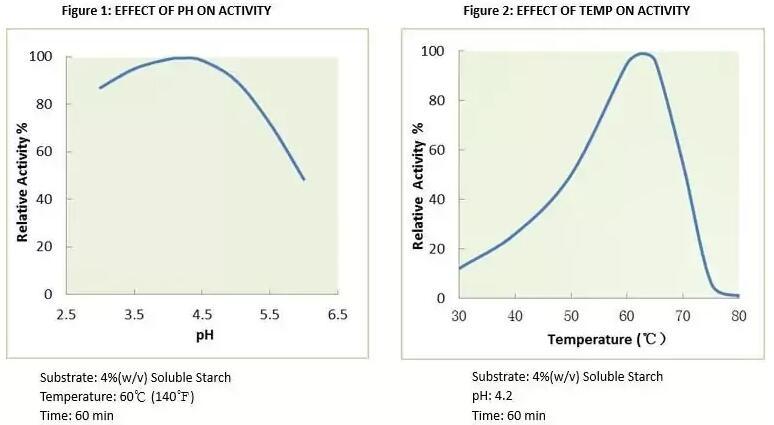
Benefits
ETHMEI PW is used to saccharify liquified mash from various sources including corn, milo, barley, wheat, rice, potatoes and tapioca. The resultant glucose product is fermented by yeast or another appropriate microorganism to yield ethanol.
ETHMEI PW is designed to ensure the following benefits:
1) Increased fermentation rate
2) Increased ethanol yields
3) Efficient starch/dextrin degradation
4) Less residual starch in distiller’s grains
5) Improved performance in pre-saccharification processes
For ground-grain processing plants using simultaneous saccharification fermentation (SSF), ETHMEI PW may be added directly to the fermenter. For ground-grain dry mill plants and for wet mill plants using a separate pre-saccharification step prior to fermentation, ETHMEI PW may be added to the cooling mash or liquefied starch when the temperature reaches 55 to 60°C. Temperatures above 65°C can result in loss of activity.
Dosage Guidelines
ETHMEI PW is generally added at a level of 0.70 to 0.85kg/TDS. The actual enzyme requirement is dependent on the raw materials, temperature, reaction time, and pH of the individual plant saccharification/fermentation process, and its desired result.
Packaging, Storage & Shelf-life
- Standard packaging is 25kg, 30kg HDPE plastic drums or 1125kg IBC totes. Customized packaging is available upon request.
- Typical shelf-life is eighteen months provided it is stored below 25°C in its original packaging, sealed and unopened, protected from direct sunlight.
- Prolonged storage and/or adverse conditions such as higher temperatures may lead to a higher dosage requirement, therefore should be avoided.
Safe Handling of Enzymes
Inhalation of enzyme dust and mists should be avoided. In case of contact with the skin or eyes, promptly rinse with water for at least 15 minutes. For detailed handling information, please refer to the Material Safety Data Sheet.
Previous
Previous
Online message













